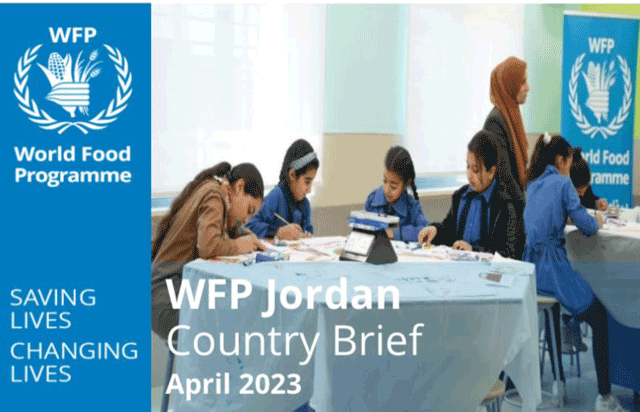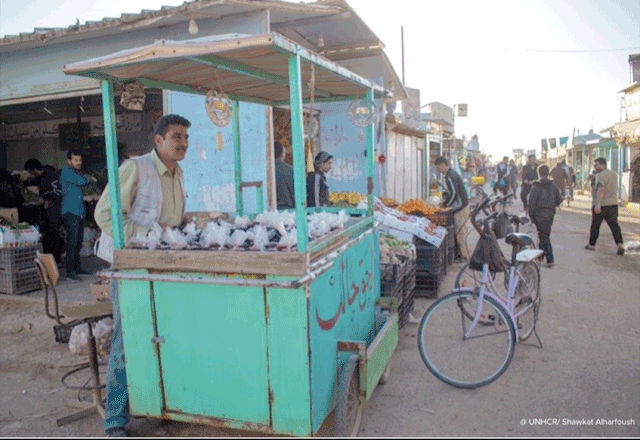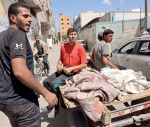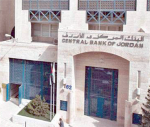You are here
Refugee debt up 25% in the last year, WFP reveals
By Mays Ibrahim Mustafa - Jul 27,2023 - Last updated at Jul 27,2023
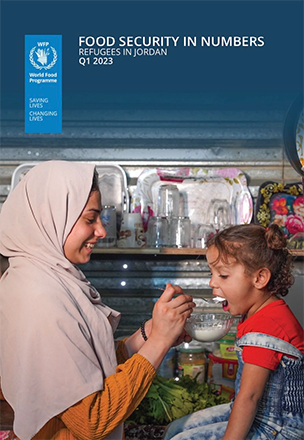
AMMAN — The average amount of debt among refugees in both camps and host communities in Jordan has increased by 25 per cent over the past year, according to the World Food Programme (WFP)’s Food Security in Numbers report for the first quarter (Q1) of 2023.
Amidst the absence of sufficient employment opportunities, refugee households have been increasingly resorting to “unsustainable financial means such as debt and remittances” to meet their essential needs, including housing, healthcare and education, the report stated.
It also showed that food security levels remained stable among refugees in camps, and improved among refugees in host communities.
In Q1 of 2023, 37 per cent of refugees in host communities were food secure, 61 per cent were moderately food secure and the remaining 2 per cent were severely food insecure. In camps, 44 per cent of refugees in were food secure, 55 per cent were moderately food secure and the remaining 1 per cent were severely food insecure during the same period, according to the report.
However, certain household groups “remain more vulnerable and more likely to resort to coping strategies that negatively impact their long-term capacity to meet essential needs”, such as households headed by women or unemployed individuals, or those including members with a disability, the report stated.
The report further highlighted the importance of continuing to provide assistance for the welfare of beneficiaries, as assistance accounts for 20 per cent of the monthly income of out-of-camp refugee households, and 57 per cent of the monthly income of in-camp refugee households.
WFP reduced the level of assistance provided to all refugees living in communities from September to November 2022 due to financial constraints. The report observed that this step has lead to “a spike in severe food insecurity among the most vulnerable refugees”.
“While work opportunities have been observed to contribute to better food security, refugees still face the bottleneck of finding sustainable, longer-term jobs,” it stated.
According to the report, 55 per cent of refugee adult refugees in the host communities and 70 per cent of adult refugees in the camps remain unemployed in Q1 of 2023. It stressed the importance of “building self-reliance pathways” to help refugees reach economic self-sufficiency and increase their resilience to shocks.
Related Articles
AMMAN — Although the overall food security status of refugees has improved over the past year, certain household groups remain more vulnerab
Approximately 56 per cent of Syrian refugee households in Jordan are food secure, according to a report released Wednesday.
AMMAN — The Jordan funding update issued by UNHCR, the UN Refugee Agency, shows that it has only obtained 15 per cent of its $390.1 million


